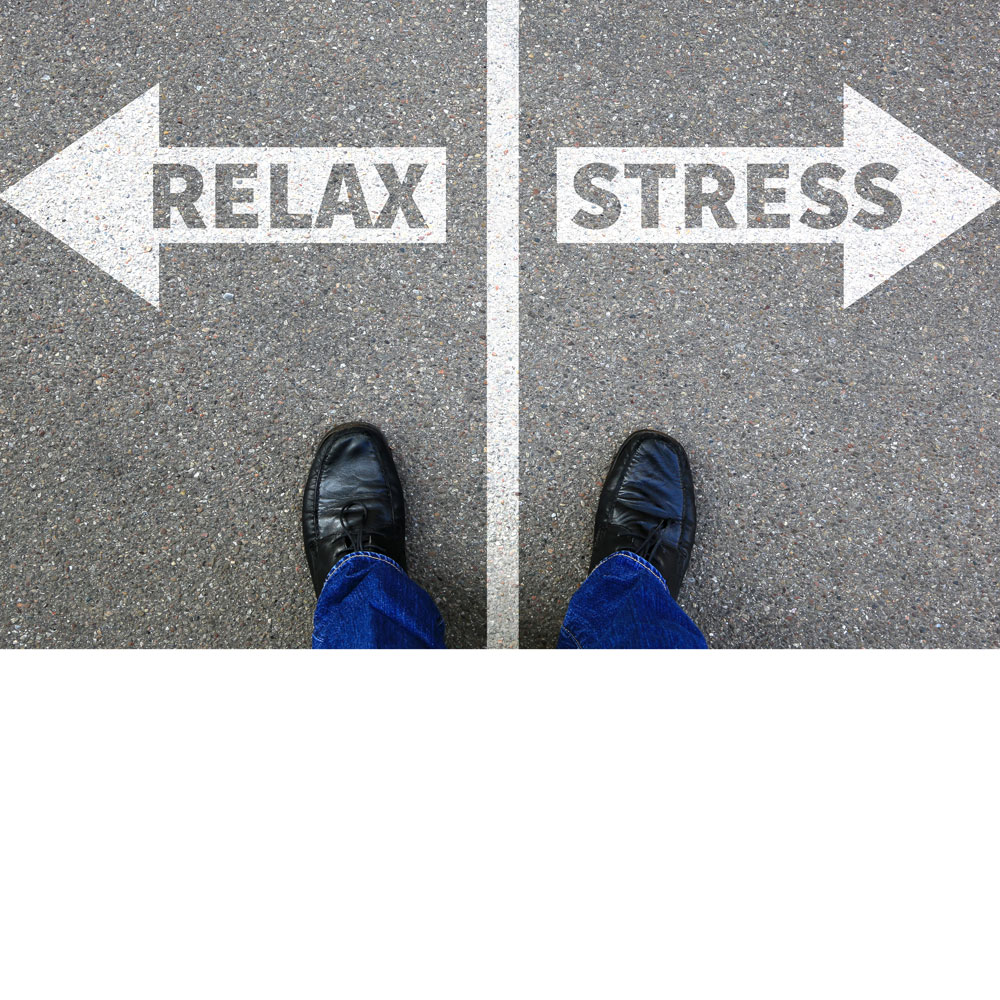Sleeping Mindfully
Have you ever 'tried really hard' to fall asleep? It doesn't work! Here is a mindful approach to sleep...
When you are unable to sleep, the natural response is to do what you can to “fix it”. We are conditioned to respond to problems like not sleeping, with action and “doing” something. Cutting down on caffeine and screen time, putting up blackout blinds, buying earplugs and consuming herbal teas before bed, all seem like proactive and sensible ways to improve your sleep when insomnia strikes and are certainly important factors in ensuring quality sleep. But paradoxically, it is often the effortful struggle to control what is not in fact under your control, which can end up being the very reason why sleep continues to be elusive.
The continued effort to sleep results in anxiety, frustration and worry, leading to emotional, cognitive and bodily tension, all of which results in a physical state that is not at all conducive to restful sleep and creates a vicious cycle which perpetuates and worsens the insomnia.
Changing Habits
Changing these habits and behaviours which paradoxically keep the insomnia going is the key to improving sleep. Cognitive Behavioural Therapy for insomnia (CBT-i) is a 6-8 week programme of therapy which looks to identify patterns in thinking about sleep, in order to calm the active and racing mind, manage dysfunctional thoughts and beliefs about sleep and help produce a relaxed and calm state to enable sleep to arrive. Increasingly however, there is evidence that incorporating mindfulness-based approaches into this treatment can improve self-awareness, reduce unhelpful thoughts about sleep, reduce stress and effortful sleep, and provide the opportunity for healthy sleep to return.
Mindfulness Practice
Mindfulness is an approach which aims to enable us to pay attention to the present moment, letting go of preconceptions and judgements and thereby fostering curiosity, openness and acceptance. It is not about “switching off” the mind, but instead enables us to “let go” of things we cannot change, to develop patience and “non-striving” and to bring a fresh view or “beginner’s mind” to our experiences.
Observe without judgement
In a mindfulness approach to insomnia, thoughts about sleep are allowed to come and go without judgement or criticism and are accepted for what they are: just thoughts and feelings which are not right or wrong and do not need to be changed, solved or suppressed, but can instead be welcomed and explored. The mind and body are seen as having the capacity to self-regulate and are trusted to balance the need for sleep if allowed to do so. Patience is cultivated through the understanding that this change in approach will not occur overnight, but will take time as new characteristics of mind are learned. Each night is treated as a separate entity, with no preconceptions or assumptions based on what happened that day or the night before, and labels such as “insomniac” are avoided, since they give the insomnia an unjustified “power”.
A “Being” Mode
Rather than using a “doing” mode of mind, which often involves dissatisfaction as we experience a discrepancy between how we believe things “should be” and the reality of how things in fact are, resulting in attempts at problem-solving, “over-thinking” and negative ruminations; mindfulness approaches encourage and train us to enter a “being” mode. In this mode, there is no attempt to achieve a particular goal or state, but instead the experience of the present moment is explored through sensations such as sight, touch, and hearing, with no attempt made to change the experience, or to relate it to past or indeed future events.
Regular Practice
Mindfulness is a way of thinking and an approach which needs to be learned. There are a variety of online programmes which provide the opportunity to explore mindfulness meditations, but the key is that this approach requires regular practice. It takes time to learn these new attitudes and ways of thinking and daily practice for 20-30 minutes is required for at least 6 weeks to develop the skill. Initially, practice should take place in the daytime, and then be used at night time once you feel confident. There is good evidence that the more you practice, the more successful this approach is, so that, rather than constantly struggling to sleep, you can instead use acceptance and openness to mindfully welcome healthy, restful sleep back into your life.
There are many apps for practising mindfulness, my favourites are the Calm App and Headspace App
If you would like to discover how we can help your staff enhance wellbeing and performance through improved sleep, please visit our sleep and relaxation section or get in touch.

Published: Thursday 10 January 2019
Written by: Dr Hare, Consultant Physician and Sleep Medicine Expert



